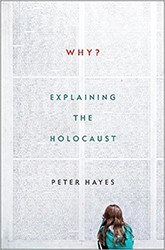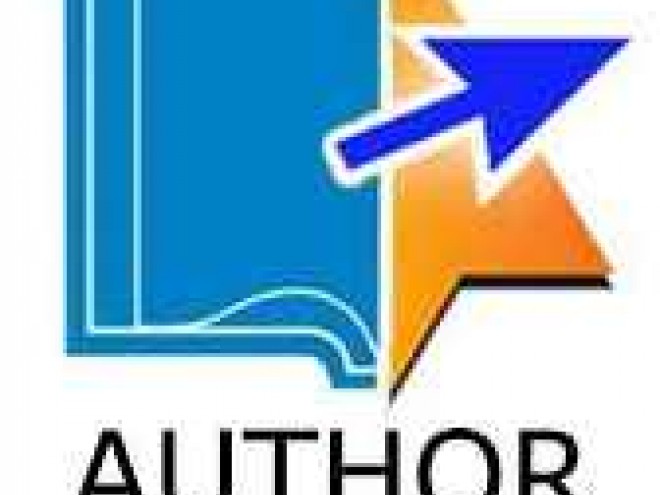
Peter Hayes is an award-winning educator and the author of How Was It Possible?: A Holocaust Reader. With the release of his new book Why?: Explaining the Holocaust today, Peter will be guest blogging for the Jewish Book Council all week as part of the Visiting Scribe series here on The ProsenPeople.
A friend of mine says that the most interesting parts of any book are the dedication and the acknowledgements because they reveal most about the author. In the case of my newest book, Why? Explaining the Holocaust, I doubt this generalization will apply. The subject matter is too unsettling and important. But I hope my expressions of thanks will get readers’ momentary attention, especially the dedication. It is to six teachers who changed my life.
Public education was one of the glories of America in the decades just after World War II, which is when I grew up. The first two people I mention opened worlds to me in the middle and high school classrooms of Framingham, Massachusetts. Mary Faherty was a devout Catholic who not only assured that I got confirmed in that faith, from which I already was falling away at the age of thirteen, but who also introduced me to Shakespeare, Browning, and Ibsen, who are not exactly canonical Catholic authors. I ended up a writer, and I might never have become attuned to words as I am without her. James McGillivray taught history as I had never encountered it before: in the spirit of his era, as a subject that focused as much on the “frame of reference” of those who wrote it as on the matters they wrote about. I ended up a historian of a less subjectivist bent, but I might never have been as questioning and skeptical of received wisdom as I am without him (and Ibsen!).
I came in contact with the other four of these mentors at the elite private institutions — Bowdoin, Oxford, and Yale — to which scholarships gave me access. All men (such was the era), they could not have been otherwise more different from each other or from me, the product of a family in which no one had completed college. Athern Daggett was an elderly, endearing New England Yankee who taught constitutional and international law in Mr. Chipsian fashion; John Rensenbrink an intellectual iconoclast and gadfly (and later Green Party leader) of Midwestern Dutch Calvinist heritage who supervised my undergraduate senior thesis on African politics; Tim Mason, a brilliant and charismatic English Marxist specializing in central European history, moved my attention toward Europe and backward in time, and then passed me on to Henry Turner, a classically liberal American scholar and careful prose stylist, who devoted his career to unmasking the easy certainties of marxisant approaches to German history.
What all six of these disparate people imparted was a combination of passion and rigor. They loved and believed in what they taught, and they treated it — and wanted me to treat it — with the kind of respect that hard work indicates. They made participating in their interests seem like the most fascinating thing I possibly could do with my time and energy. That ability to spark is, of course, the kinetic secret to great teaching. It’s also the singular talent that gives the lie to the old saw that “those who can, do; those who can’t, teach.”
Good teaching, whether in person in a classroom or at a distance via the pages of a book, requires the capacity to inspire that these people had, along with one other vital component of their magic: empathy, the ability to sense where listeners and readers are, to reach that place, and to bring them to a new location.
All but one of these six individuals is gone now; and the exception is 88 years old as I write. But, whenever and wherever I have taught and written during a long career, they have been constant presences. To a young person whose parents were not very adept in that role, these teachers provided models of why and how to pay it forward. Now, at long last and in a small way, I get to pay them back.


